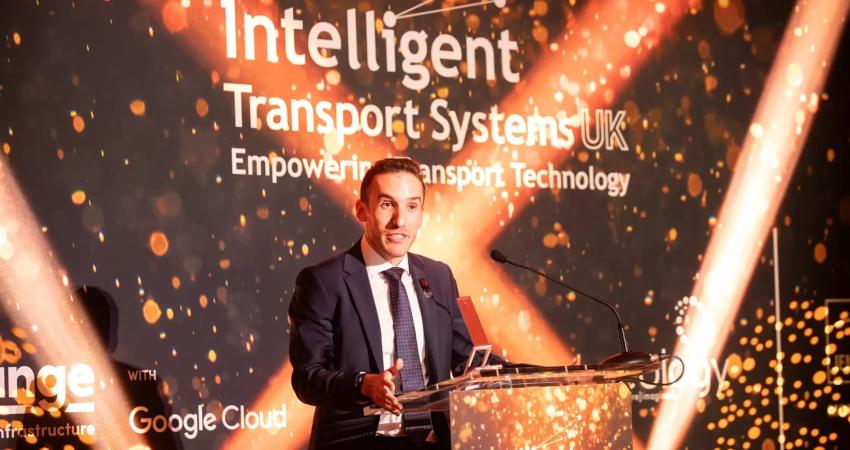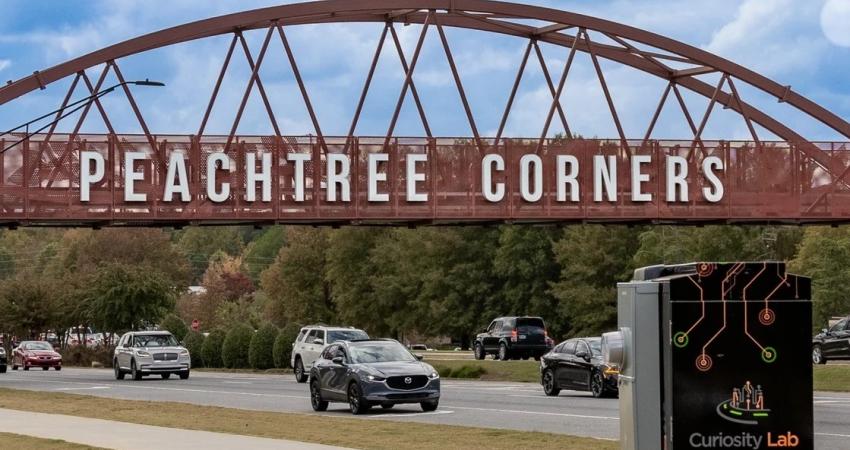ITS (UK)’s Mobility as a Service (
The group, led by representatives from Jacobs, Cubic and Aecom, stated that while there are not enough use-cases yet to analyse potential effectiveness, several UK and European pilot projects should start providing evidence soon.
When responding to question on the current barriers, the group referred to local authority resources, real-time information, and private sector motivation. It also highlighted the need for effective Government advice and regulation if a nationwide solution is to be delivered, and that modelling has shown that using MaaS solutions costs more if a user still has a private car. In addition, concerns over social exclusion were also addressed.
However, the group recognised the opportunities of positioning the UK as a global leader in the delivery of MaaS which represents a significant change in how users access the service.
Andrew Pearce, group chair, said: “What’s clear from our work is that MaaS can have positive or negative effects – the scale and direction of the benefits is down to participation: it’s a team sport where specific contributions are needed from private sector, local and central government – if one party takes over it will fail or be distorted with unwanted effects for the network.”
ITS (UK): tells Parliament MaaS app alone is not a magic bullet
ITS (UK)’s Mobility as a Service (MaaS) Interest Group has agreed with the Transport Select Committee’s MaaS inquiry in the global and UK interest in the concept, but it must provide a high quality and reliable service to get people to use it. They added that unless done right, it could risk moving people from public transport to on-demand cars. The inquiry focused on potential barriers to MaaS and the response sought to manage expectations. The group, led by representatives from Jacobs, Cubic and Aecom,







